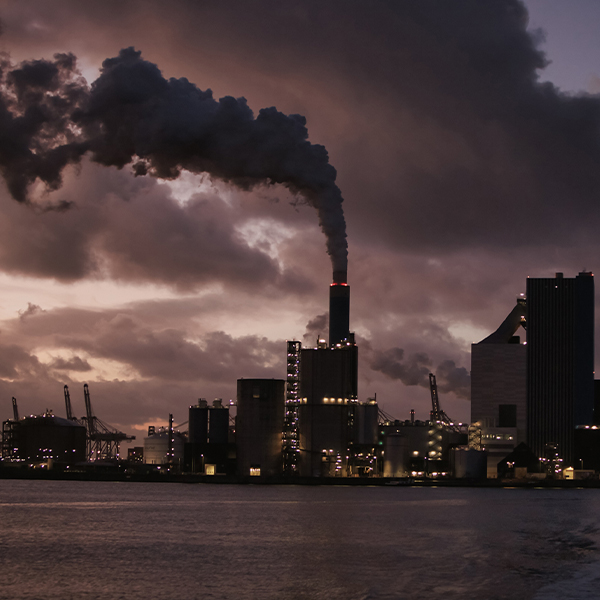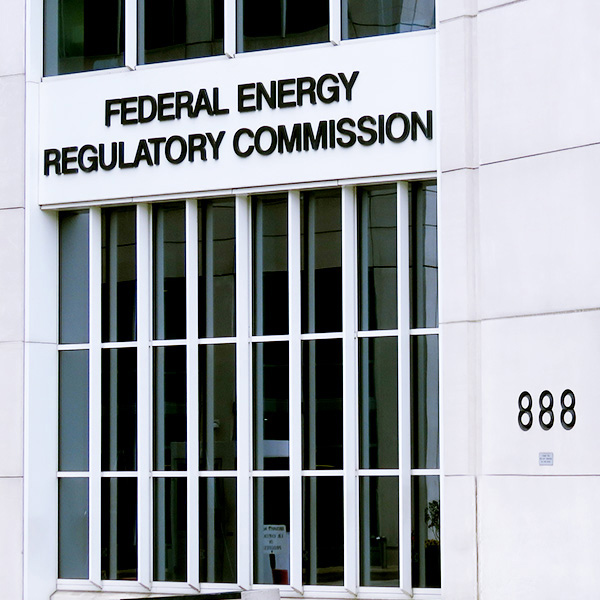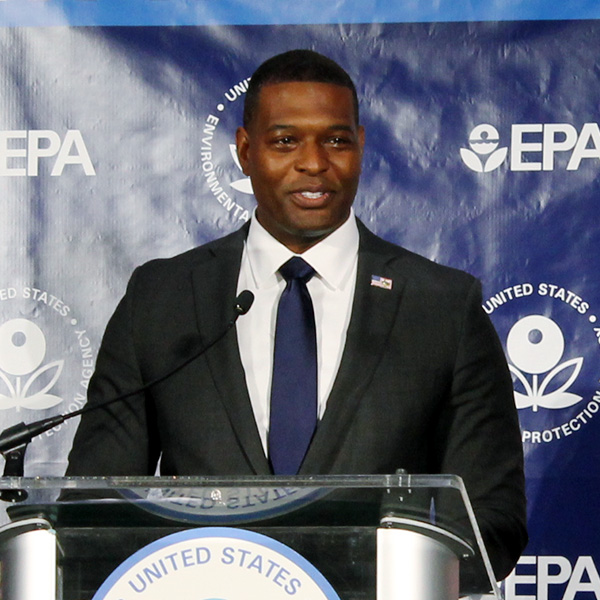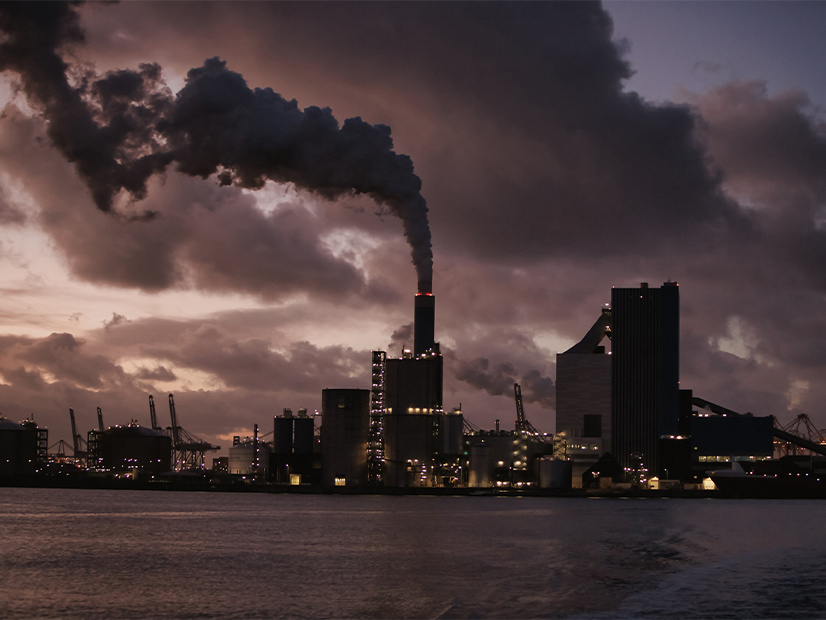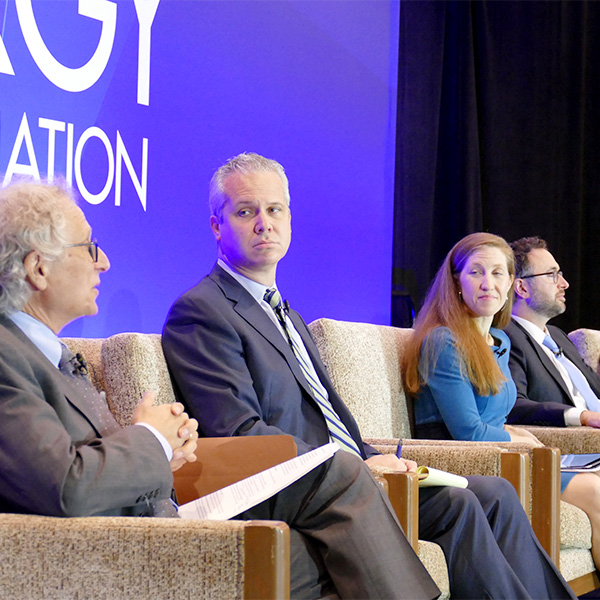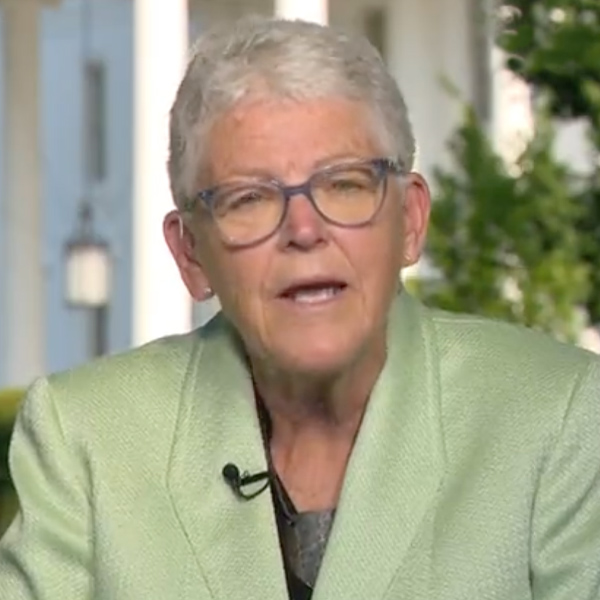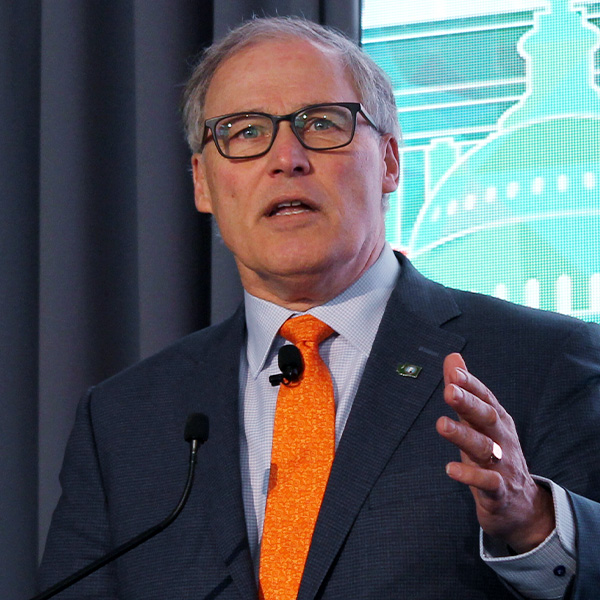West Virginia v. EPA
Republican state attorneys general sued EPA seeking to stop implementation of the agency’s final rule aimed at slashing greenhouse gas emissions from existing coal plants and new natural gas plants.
President Biden announced three FERC nominees, which would bring the agency back to a full complement of five members even after Commissioner Allison Clements leaves.
The EPA administrator said his agency’s proposed CO2 emission standards for power plants target “the most egregious sources” without compromising reliability.
EPA announced proposed rules to reduce CO2 emissions from coal and gas power plants by requiring them to use carbon capture and co-firing of hydrogen.
The Supreme Court’s ruling on EPA's regulation of GHG emissions will chill agency rulemakings but won't cripple regulation, attorneys told an EBA forum.
A NARUC session on carbon emissions from power plants weighed the potential effects of the Supreme Court's decision in West Virginia v. EPA.
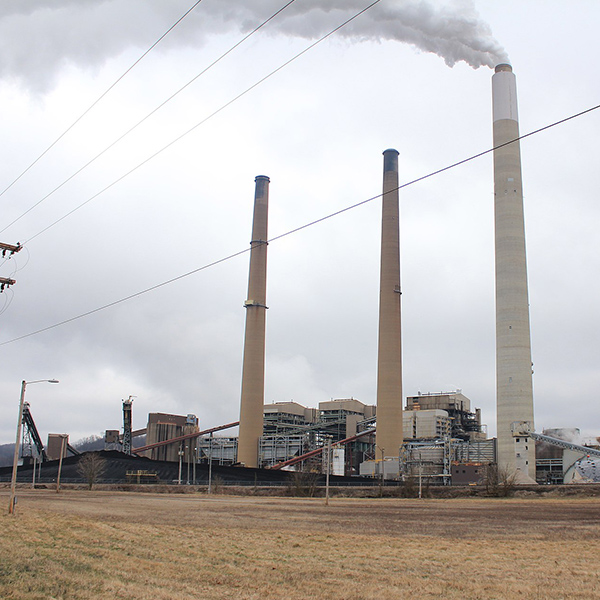
FunksBrother, CC BY-SA-4.0, via Wikimedia
A panel of legal experts said the Supreme Court decision in West Virginia v. EPA could place constraints on congressional efforts to address climate change.
A new proposed federal rule aimed at cutting GHG emissions raised questions about whether it would pass muster under new judicial review standards.
The Biden administration will continue to seek private industry's help in cutting GHG emissions following the Supreme Court ruling limiting EPA's powers.
Reactions to the Supreme Court’s decision in West Virginia v. EPA came fast and, predictably, framed with an eye on the upcoming midterm elections.
Want more? Advanced Search
